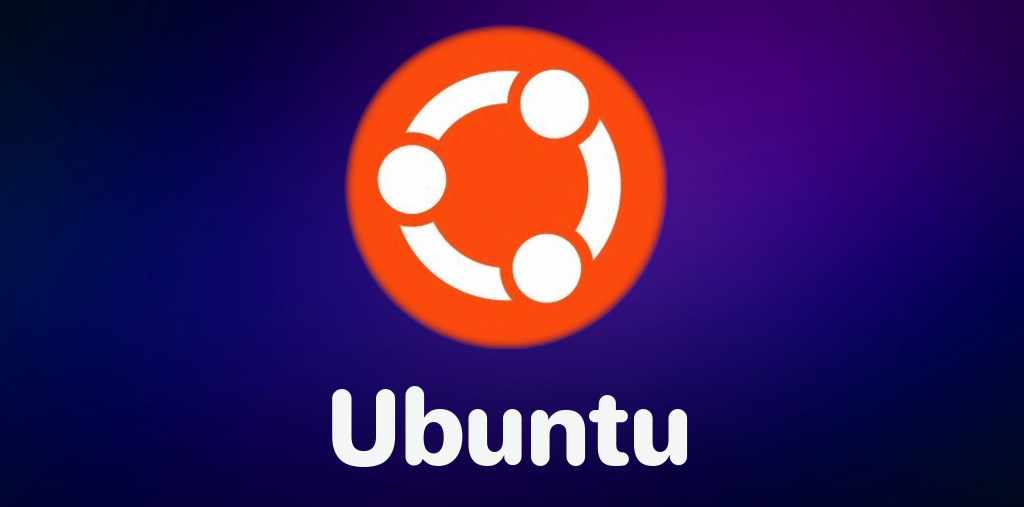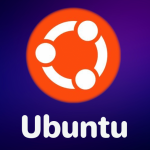Ubuntu is one of the most popular and user-friendly Linux distributions in the world. Known for its stability, security, and flexibility, it has become the go-to choice for developers, system administrators, and even everyday users who want to experience the power of open source. From cloud computing to AI development and personal computing, it continues to be a driving force in the modern tech ecosystem.
Table of Contents
What is Ubuntu?
Ubuntu is a free and open-source operating system based on the Linux kernel. Developed by Canonical Ltd., it is designed to be secure, reliable, and accessible to everyone. The word “Ubuntu” comes from an African philosophy meaning “humanity to others,” reflecting its mission to make technology open and available for all.
It is built on Debian, one of the oldest and most stable Linux distributions, but offers a more user-friendly interface and regular updates. It comes in several versions, including Desktop for personal use, Server for enterprises, and Core for IoT devices. You can learn more about its editions at Ubuntu’s official website.
Why Ubuntu is Popular Among Developers
It has earned a strong reputation among software developers and IT professionals. Its popularity stems from a combination of performance, flexibility, and an active community.
1. Developer Friendly Environment
It comes preloaded with development tools and libraries that support a wide range of programming languages such as Python, C++, Java, and Go. It is also the default development environment for many frameworks, including TensorFlow and PyTorch, making it ideal for AI and machine learning projects.
2. Open Source and Free
Unlike proprietary operating systems, it is completely free to download, modify, and distribute. The open-source nature of it gives users full control over their system, allowing customization and transparency that proprietary software cannot match.
3. Strong Security
It prioritizes security with regular updates, a built-in firewall, and an AppArmor security framework. It uses a permission-based system, meaning only authorized users can make system-level changes. This structure makes it significantly more resistant to malware and hacking attempts compared to traditional operating systems. You can explore it’s security documentation at Ubuntu Security Center.
4. Large Community Support
It boasts one of the largest open-source communities in the world. Whether you are facing a configuration issue or learning how to set up a web server, the Forums and Ask community provide thousands of tutorials and solutions shared by experts.
Ubuntu in the Cloud and Servers
Ubuntu is not just a desktop operating system. It is a powerhouse in cloud computing and server environments. Major cloud platforms such as Amazon Web Services (AWS), Google Cloud, and Microsoft Azure offer it as their default Linux image. Its lightweight architecture and scalability make it perfect for hosting websites, managing databases, and deploying enterprise applications.
Many DevOps teams use it with container technologies like Docker and orchestration tools such as Kubernetes to automate deployment pipelines. If you want to learn more about it in the cloud, visit Ubuntu Cloud Overview.
Ubuntu for Artificial Intelligence and Machine Learning
Ubuntu has become the preferred OS for AI and data science development. It supports libraries like NumPy, TensorFlow, and PyTorch out of the box. Many AI researchers choose it because it provides GPU support, seamless integration with Jupyter Notebooks, and compatibility with powerful tools like CUDA for deep learning applications.
For a deeper look at it’s role in AI development, check Ubuntu AI and Machine Learning.
Ubuntu Desktop for Everyday Use
Ubuntu Desktop provides an elegant and intuitive interface that rivals Windows and macOS. It includes the GNOME desktop environment, which offers smooth multitasking, clean visuals, and customizable layouts. It also comes with essential software preinstalled, such as LibreOffice, Firefox, and Thunderbird, allowing users to start working immediately after installation.
Users can access thousands of additional applications through the its Software Center, from productivity tools to media players and design applications.
Benefits
- Performance Efficiency: Runs smoothly even on older hardware.
- Regular Updates: New versions are released every six months with security patches and feature enhancements.
- Customization: Themes, icons, and layouts can be tailored to your preference.
- Privacy: It does not track user activity or sell data.
- Compatibility: Supports a wide range of devices and architectures including ARM, x86, and RISC-V.
The Future
Ubuntu continues to evolve, pushing the boundaries of open-source innovation. Canonical is expanding it’s reach into emerging areas such as the Internet of Things (IoT), robotics, and edge computing. its core, a lightweight version designed for IoT, is gaining adoption in smart devices and autonomous systems.
The introduction of Snap packages has made software distribution more seamless, providing developers with an easy way to deploy applications across all versions of it.
Conclusion
Ubuntu is more than just an operating system; it is a global community and a symbol of technological freedom. With its emphasis on security, stability, and innovation, it empowers millions of users to create, collaborate, and build the future of computing. Whether you are a student, developer, or enterprise user, it provides a powerful and flexible platform that meets modern digital demands.
Also Check Linux – Understanding Power of Ultimate Fast OS – 2025







1 thought on “Ubuntu – Greatness of Open Source for Everyone – 2025”